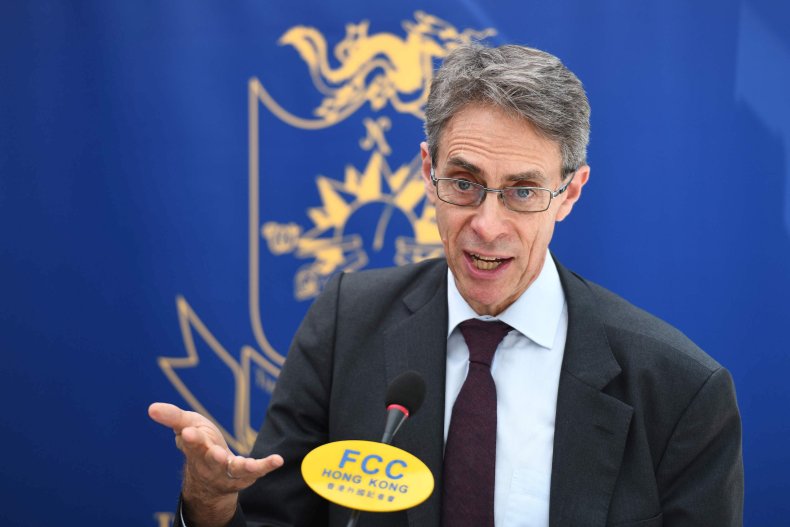by Yona Schiffmiller
For many NGOs, the new Abraham Accords are not an opportunity to celebrate peace, mutual recognition and dialogue, but a catastrophe threatening their core business.
More importantly, the deals represent a repudiation of the NGOs' core ideology and worldview—one that privileges Palestinian myths and victimization above all other considerations.
Human Rights Watch executive director Ken Roth condescendingly dismissed the arrival of an official Israeli-U.S. delegation in the UAE: "All the kvelling about the Israeli-UAE flight does nothing to change the oppressive, discriminatory 'one-state reality' for occupied Palestinians. Only equal rights will do that."
Amnesty International similarly greeted the announcement of the Israel-UAE accord with "No diplomatic deal can change the legal obligations of Israel as the occupying power under international humanitarian law and international human rights law, nor deprive Palestinians of their rights and protections guaranteed under international law."
Radical American and Palestinian NGOs have similarly denounced the deals. Even the reported freeze of Israeli plans to annex parts of the West Bank was cynically cast aside by the NGOs and deemed insufficient to garner a positive response.

These powerful NGOs spend tens of millions of dollars annually to influence diplomats, journalists and other shapers of public opinion by claiming to promote human rights, international law and peace. On this basis, NGO officials get privileged access to the UN, the European Parliament and the International Criminal Court.
Such NGOs might be expected to praise the accords for expanding the principle of peaceful conflict resolution; even if the agreements do not solve all of the region's problems, they are undoubtedly positive steps. The condemnations the groups issued instead reveal the extreme ideology and narrow self-interest that propel them. According to their strategy, there is no inherent value in dialogue or mutual respect between Israel and the Arab states.
Instead, in their view, recognition of and relations with Israel should be held hostage and exchanged only for maximalist Palestinian demands.
To the NGOs, short of reaching their preferred "solution" to the Israeli-Palestinian conflict, the Arab world should not treat Israel normally. It should not be afforded diplomatic recognition, and its (Jewish) citizens should be barred from engaging in business relationships and cultural exchanges. Good will between Israelis and Arabs is not, for them, a reassuring sign of lowered tensions. Unsurprisingly, these NGOs also advance the BDS agenda to isolate Israel from global business, finance and culture.
Moreover, as indicated above, international NGOs have turned the Israeli-Palestinian conflict into a fundraising cash cow and seek to protect their vital financial interests. The fact that Abu Dhabi and Manama are no longer willing to acquiesce to Palestinian obstructionism challenges their business model. Peace NGOs stand to lose from the perception that ending Israeli-Palestinian discord is not actually the key to Arab-Israeli peace.
If more Arab countries recognize the Jewish state, then the Palestinian issue takes a back seat to more pressing international conflicts and developments. The recent moves by the UAE and Bahrain remind international observers—and donors—that territorial disputes between the Jordan River and the Mediterranean Sea need not be the main source of regional turmoil. Despite decades of headlines equating "Middle East peace" with Israeli-Palestinian relations, this conflict is dwarfed in intensity by numerous others throughout the region and the world.
The UAE and Bahrain broke a decades-long paradigm governing Arab-Israeli relations. The cautionary tale for both Palestinian leadership and the NGO industry is that ideological inflexibility and entrenchment erodes their relevance in favor of fundamentally more important interests.
They would do well to reevaluate their strategy so as to avoid obsolescence.
Yona Schiffmiller is the Director of Research at NGO Monitor.
No comments:
Post a Comment